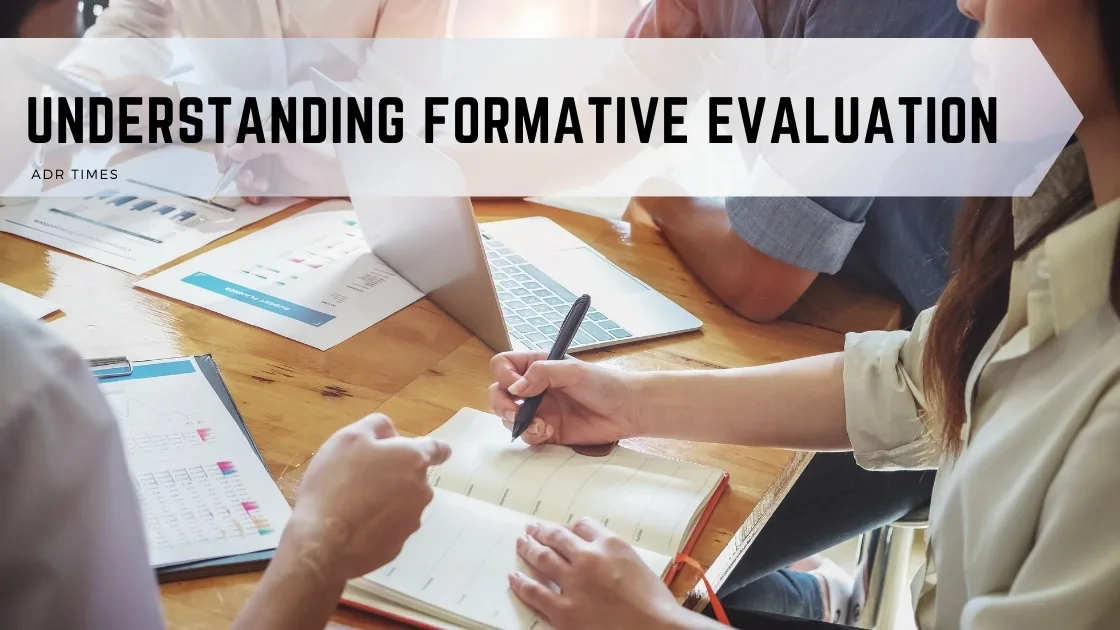Compromise Conflict Style: At A Glance
The compromise conflict style allows the parties to find a way to resolve conflicts adequately and move forward. Dealing with conflict is a part of daily life for everyone. Conflict arises in the home, workplace, or social settings in even the most healthy relationships. Maintaining harmony can be difficult when multiple parties work together on …










